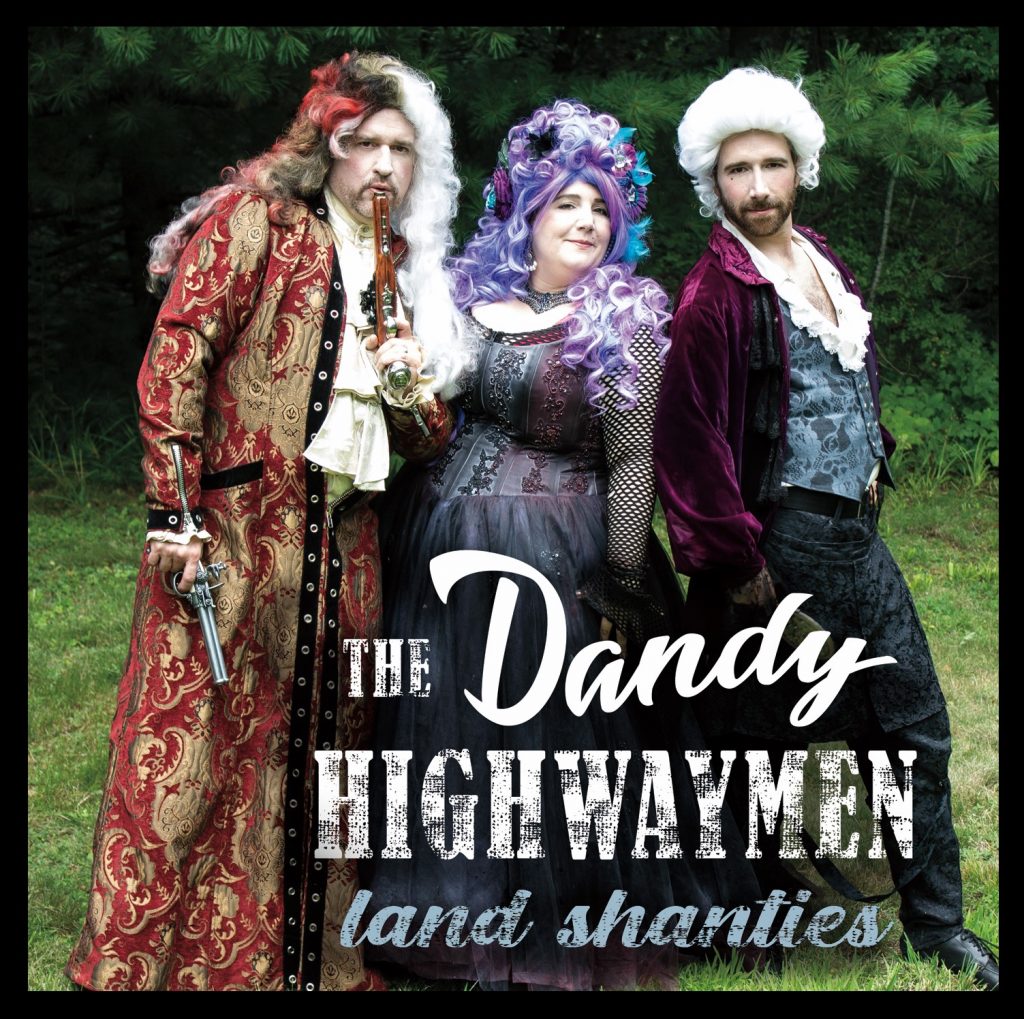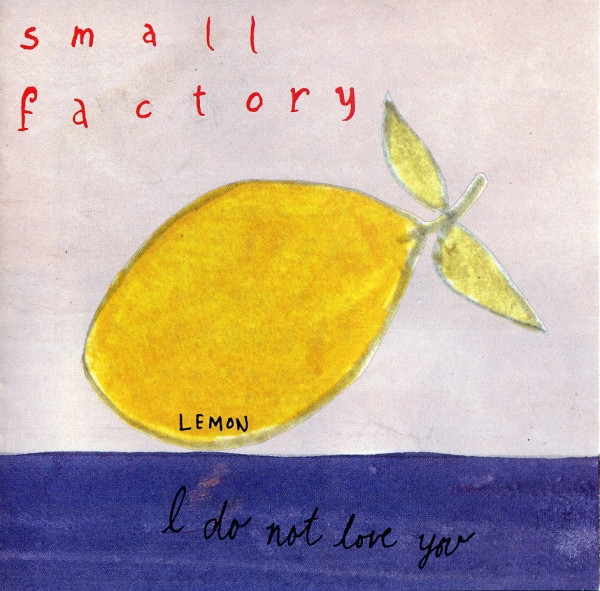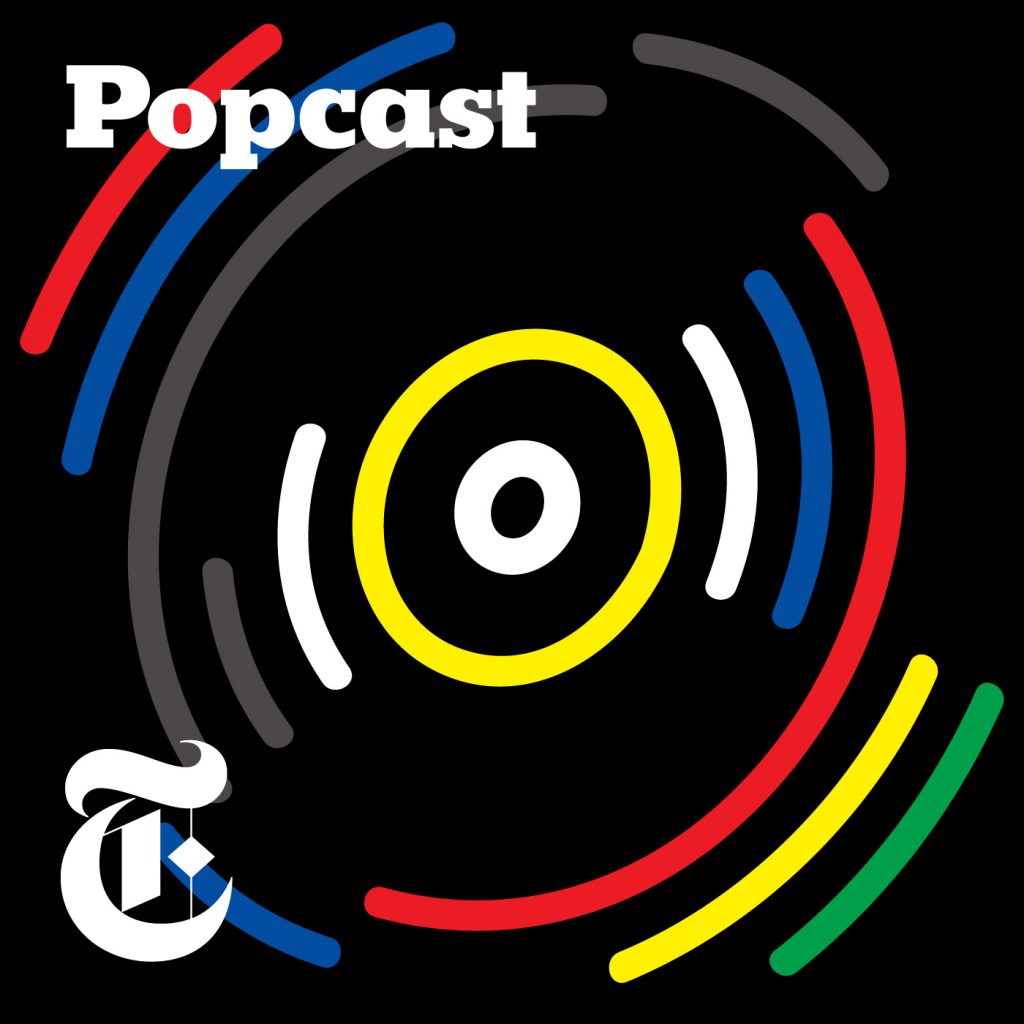In a furious attempt to see some live music before winter hibernation sets in, I attended shows at both Askew and Nick-A-Nees last weekend. I’m happy to report that it was a good time, and both places did a great job with masks and social distancing.
But fears about the future remain. A recent Vice Article chronicles some of the dire consequences that independent venues could face without some sort of support from Congress, going as far as to say there could only be one indie venue left standing in Nashville by year’s end. So continue to get out to shows while you still can, and call up your representatives.
Dandy Highwaymen — Land Shanties

A crowd of three are the Dandy Highwaymen, now out with their debut recording, Land Shanties. It’s an amusing release that bills itself as rococo punk, a genre I was unaware of that’s “inspired by the art, history and culture of 18th century France and England.”
They say write about what you know, and for the Dandy Highwaymen, it’s … being drunk highwaymen, as evidenced in tunes like “Drunk Highwaymen,” “The Ballad of the Dandy Highwaymen,” and a cover of Adam and the Ants’ “Stand and Deliver.” In addition to the strong branding, the album contains tales of intrigue, wig theft and being exiled a world away.
The players, Jean-Jacques J’adore, Beau Pummel and Sovay Beausoleil, are two-thirds based in Rhode Island. The songs go from pub singalong to rock ‘n’ roll, though the playing is a bit sloppy, kind of like they’re actually in the back corner of a dank tavern.
The Dandy Highwaymen do, however, have a real flair for storytelling. “Four Finger Frederick” is a cautionary tale about overindulging in lady fingers, and “Ballad of the Dandy Highwaymen” is an epic canard featuring characters like Vance and swift Claudette.
Fitting with the historical period, a lot of these feature a revolutionary tilt, like the Swiftian “A Modest Proposal,” about the age-old fantasy of eating the rich. “Let’s Go” and “C’est Bon” go full-on punk rock, though the canned drum sounds detract from the desired effect a bit.
Land Shanties is available at: http://dandyhighwaymen.com/product/land-shanties/
RI Repository | Small Factory – I Do Not Love You

In this edition of the RI Repository, where we delve into simpler times, we take a look at the celebrated rock trio Small Factory’s debut album, I Do Not Love You. Drummer Phoebe Summersquash, guitarist David Auchenbach and bassist Alex Kemp formed the group in 1991 in PVD, and were already New England indie up-and-comers by the album’s release.
The record consists mainly of simple, two-minutes-and-change tunes about disconnection, lost love and youthful exuberance. It brings to mind the stripped-down innocence of the Blake Babies or the Lemonheads, but with more raw edges.
“Valentine,” a Lois Maffeo cover, has a wistful dorm room vibe, and the repetitive “Come Back Down” drives home the point with a soft punk rock growl. Small Factory was not about achieving virtuosity; simple bass lines and no guitar solos kept the spotlight firmly on the songwriting. Kemp handled most of the lead vocals, with Summersquash often simply covering the high octave.
I Do Not Love You was recorded at Warren’s Normandy Sound and White Room in Boston and released by SpinART, the now-defunct New York label that boasted releases by Frank Black, The Apples in Stereo and The Magnetic Fields.
“What to Want” is both vigorous and delicate, and admits “sometimes I’m a child and I don’t know what I want.” The highlight, “Keep On Smiling” is a jangly rock song with just enough dissonance that builds to a catchy chorus with everyone joining in on vocals. While the language in “Junky on a Good Day” may be outdated, it’s a plainspoken folk rock song building to a jagged, jamming outro.
Ultimately, Small Factory didn’t set the world on fire, but their softer, starry-eyed approach to ’90s rock is remembered fondly by plenty.
I Do Not Love You generated enough buzz to get them on Vernon Yard Records, an indie division of Virgin Records, for their follow-up For If You Cannot Fly. The record would be their last, and the band broke up in ‘95. Post Small Factory, Kemp and Summersquash formed the band Godray, and David Auchenbach went on to produce artists like Lightning Bolt.
Popcast

And finally, an interesting podcast from The New York Times “Popcast” about the state of the popular music charts. Two music biz journalists discuss how the Billboard charts are now essentially meaningless because many artists are finding creative ways to bundle album sales with concert tickets and other media to pump up the numbers.



